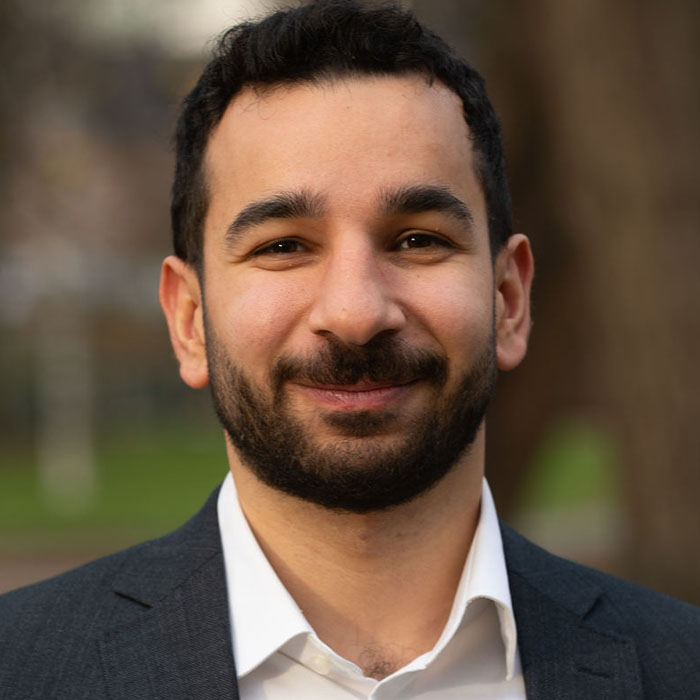OGCI Satellite Monitoring Campaign

Project description
Carbon Limits partnered with GHGSat on this project to use remote sensing satellite technology as part of a Methane super emitters detection program. The program revolved around detection of methane emissions at selected O&G assets and fields in Iraq. The campaign in Iraq highlighted that there is significant potential, as well as some limitations, to using satellite data and engaging local operators to support methane mitigation. Based on the promising results of the initial study in Iraq, the effort was expanded to cover more sites across Iraq, as well as into Kazakhstan, Egypt, and Algeria, focusing on up to 10 assets per country to maximize the chance of impact and optimize the use of high-resolution satellite measurements in each country. The team then leveraged various public sources to (i) identify the type of asset (using satellite imagery in particular), (ii) identify the name of the asset, (iii) identify the most probable emissions source (iv) share the data with the operator on ground for confirmation and mitigation where possible.
The findings from the satellite campaign were shared with local stakeholders to share insights on findings, educate on technology capabilities, verify the presence of leaks, identify mitigation opportunities, and discuss future partnership opportunities. Results were published in two white papers linked below.
White paper for Egypt, Algeria, and Kazakhstan
Carbon Limits managed stakeholder engagement for the duration of the project, utilizing extensive expertise on methane mitigation in the oil and gas sector as well as previous experience in the countries of interest. These frequent communications included, but were not limited to:
• Presenting Satellite technology in local language
• Sharing results of satellite measurements
• Virtual workshops to present detection results and key take-aways
• Technical discussion on emission sources and potential mitigation options
• Facilitating technical discussions between GHGSat & OGCI technical experts and local points of contact
• When appropriate, making recommendations on mitigating actions and proactive measures which can be applied.
Clients












